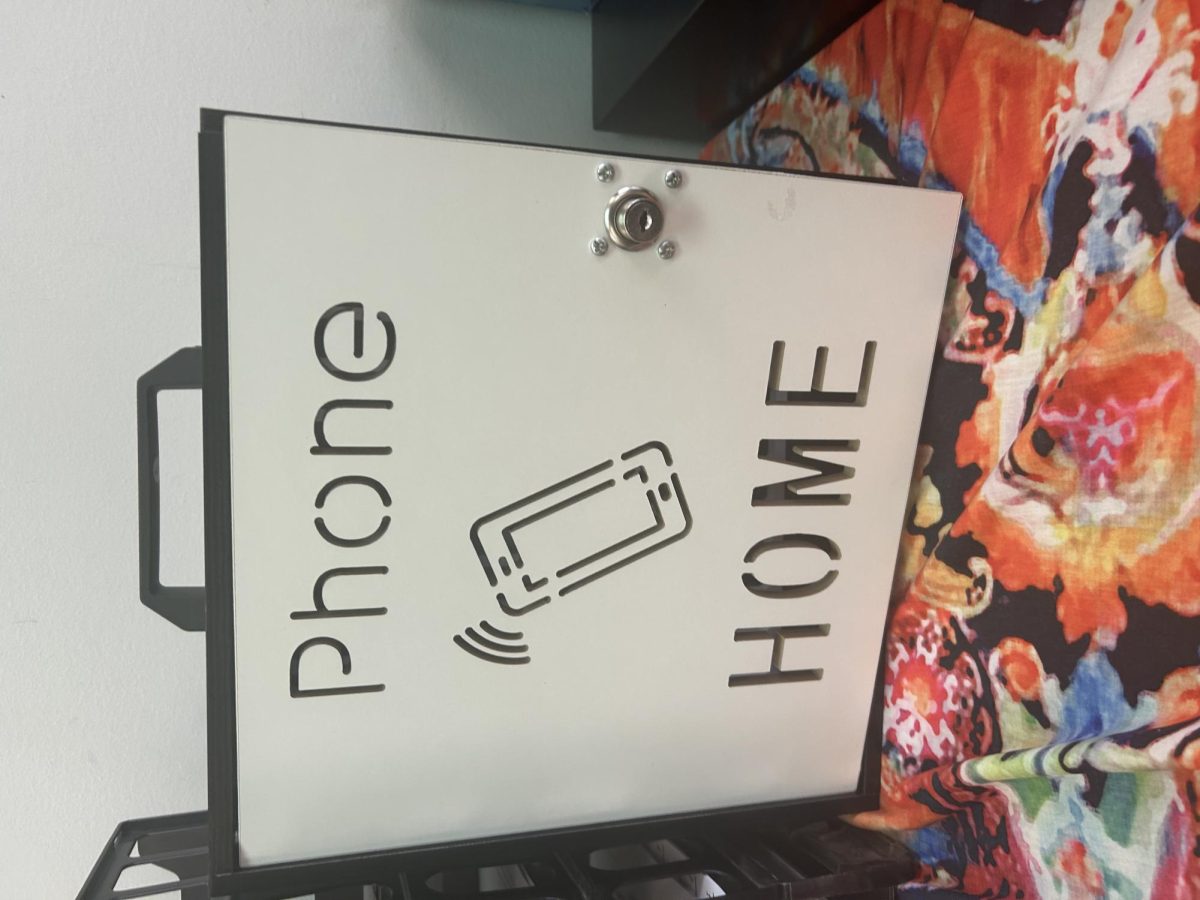In a move that has stirred a debate across the state of Kentucky, a bill was recently passed banning the use of cellular devices in public schools. The new policy aims to eliminate distractions and create a more focused learning environment, but naturally, not everyone agrees that the ban on personal devices will achieve its intended goals. Individuals argue that the enforced prohibition is a step backward, concerning the educational system and students’ safety.
Teachers and government members argue that phones are a major source of distraction, and banning them will assist students in staying focused during class time. Lawmakers passing the bill seem to believe that without the constant sound of Instagram or TikTok notifications, students will improve their focus and academic performance, and teachers agree that this will aid in keeping their students’ attention on them while speaking. While I do agree with how there are concerns about the abused usage of phones during class, prohibiting them entirely will have the opposite effect than intended and seems a bit excessive. Phones are a distraction, but so are students who doodle or read instead of listening to their instructor teach; yet such things of that nature have not been taken away, have they? There is a saying, “You can lead a horse to water, but you can’t make it drink” : This heavily applies to students and the population of children globally. You can always lead them in the right direction or encourage what you think is right, but they will grow to have their freedoms and once they’re young adults, it is their decision whether they do what’s right or not, and naturally, they will learn from it. Allowing these kids to make mistakes, it’s the only way for them to realize the proper time to use their phones in school. Otherwise, if you try prohibiting them from mistakes then they will never learn.
Moreover, parents, students, and even a few teachers agree that the new policy is outrageous. They argue that banning phones all in all overlooks technologies critical role in today’s education. In a society that increases and encourages the use of devices to complete assignments or to learn, essential tools are being stripped from students when eliminating personal devices. Phones allow the usage of research information, access to educational apps, and sources of communication with teachers or peers. There are even situations for many students where their phones are their only reliable means of accessing these tools outside of school.
Additionally, the bills and laws being passed to ban cellphones may fail in addressing the root causes of ‘distractions’, as there will ALWAYS be some form of distractions to young students, they are still children at the end of the day and their attention will wander regardless, even adults struggle with this daily during work or general activities: We are human. Rather than a ban, critics suggest that Kentucky schools should focus on teaching responsible phone usage, constructively encouraging the use of technology in the classroom.
Though the bill has already been passed, the debate about whether or not it will permanently take place is far from being over. Battles are still being fought daily during school to lift the excessive banning of learning tools in today’s world and in some cases, the free will of individuals being able to access their own devices. If you agree that technology should continue to be an effective asset in learning rather than trying to take it away; voice your opinion, as it matters incredibly.








